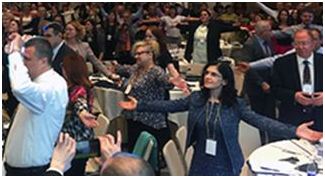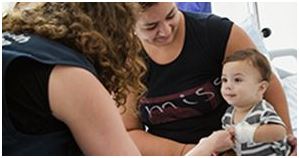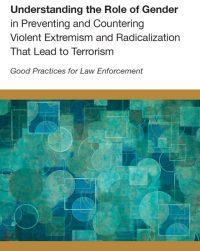Spending hours sitting in meetings? Consult WHO’s new guide to planning healthy and sustainable meetings
Извор: Светска здравствена организација – 05.07.2018
 WHO
WHO
“We somehow consider meetings to be an exception to the general healthy lifestyle we try to follow,” says Dr João Breda, Head of the WHO European Office for the Prevention and Control of Noncommunicable Diseases and Programme Manager ad interim of Nutrition, Physical Activity and Obesity at WHO/Europe. “But this is mostly because the way they are organized often doesn’t give us much of a choice. Making meetings healthier does not have to be complicated or expensive – and often makes them more enjoyable.”
WHO is releasing a new guide for employers and meeting organizers to promote healthier working environments. “Planning healthy and sustainable meetings”, initially developed for WHO’s own employees, applies established health promotion principles to meetings and events.
Meetings often involve spending a lot of time in a seated position with minimal physical activity, limited access to fresh air and consumption of foods high in sugars and fats, such as cookies and other snacks during coffee breaks. In addition, disposable items such as handouts and plastic cutlery can lead to unnecessary environmental impact.
The guide touches upon 4 major elements of a healthy and environmentally friendly lifestyle: a healthy diet, physical activity, a tobacco-free environment and sustainable practices. It gives concrete suggestions on how to apply them when planning a meeting to create a culture of health, well-being and sustainability.
“It sometimes comes as a bit of a surprise for participants to be asked to exercise in the middle of a quite formal technical meeting, but we have had a lot of positive feedback on those breaks – it really helps to freshen up, feel better and even refocus the discussion,” says Ms Tina Kiaer, Communications Officer at WHO/Europe.
The guide includes the following simple yet easily applicable ideas:
- ensure that fresh fruits and vegetables are the basis of any snacks provided;
- reduce portion sizes to discourage overeating and decrease food waste (for example, cut baked goods or sandwiches in half);
- choose wholegrain foods such as whole-wheat bread, whole-wheat pasta and brown rice;
- avoid offering sugar-sweetened beverages such as sodas and juice drinks in favour of water, served plain or with the addition of fresh cut fruits, vegetables or fragrant herbs for additional flavour;
- choose products with lower salt content and request that caterers reduce the amount of salt in the menu – ask them to use herbs, spices and acids (vinegar and lemon or lime juice) for flavouring instead; and
- offer participants appropriate opportunities to be physically active by incorporating physical activity into the meeting agenda or by allowing enough time during lunch breaks for people to be physically active and to refocus their minds.
Through these and other positive changes, WHO encourages everyone to make work environments better for all.
This guide was prepared as an initiative of the WHO European Office for the Prevention and Control of Noncommunicable Diseases in Moscow, Russian Federation, and funded by a voluntary contribution from the Government of the Russian Federation.


